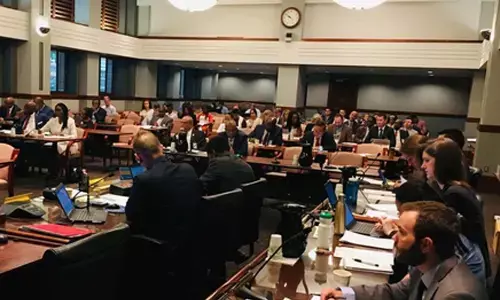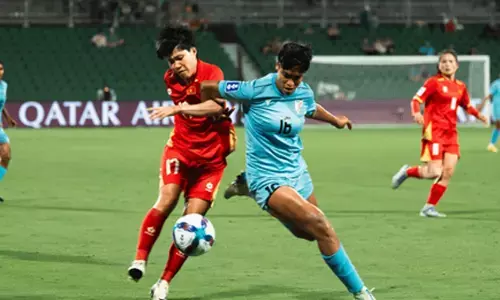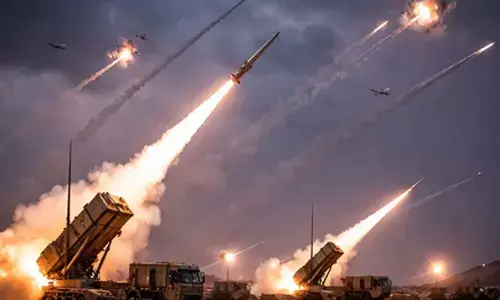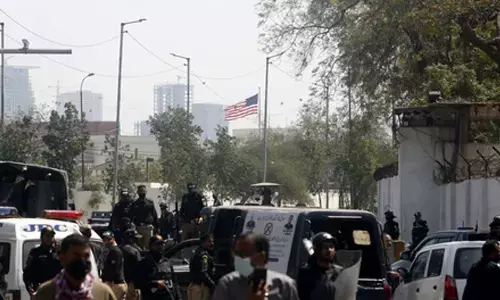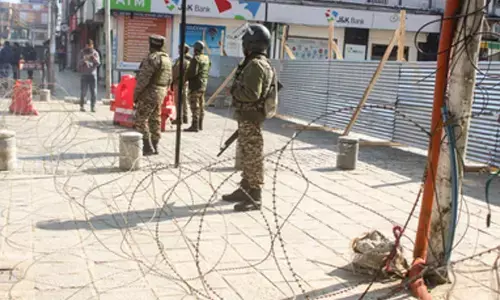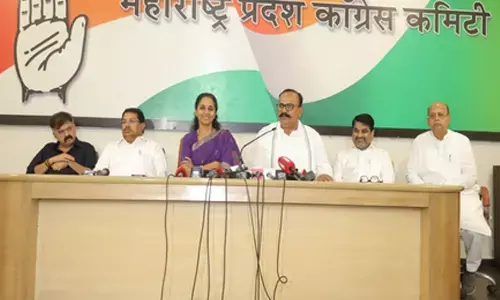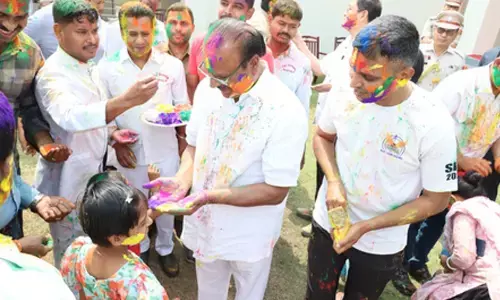In search of lost flavours
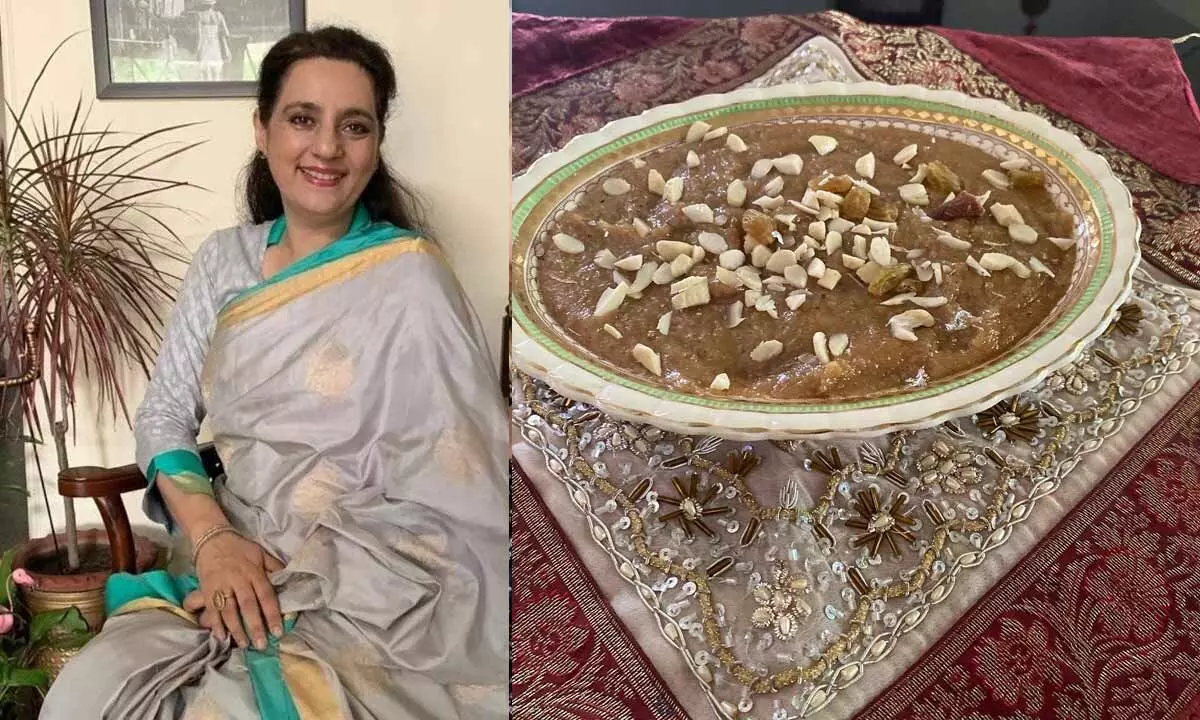
She talks about food like it is living and defines wafting aromas with the intensity of a lover.
She talks about food like it is living and defines wafting aromas with the intensity of a lover. There is talk of the magical ‘adrak halwa’ and the lost art of making dishes that her ancestors relished. Also, the grief that most have not been lucky to know what they did to the pallet.
Author and food historian Tarana Khan, who recently co-edited the book ‘Forgotten Foods: Memories and Recipes from Muslim South Asia’ (Picador India) makes it clear that food cannot be narrowed down to just sustenance.
“While eating, all senses come into play. And it is also the associated memories that transport a dish into a different realm -- like how your mother would prepare and feed you a particular dish. All these senses create a sense of identity. So, when we lose a dish, it is a major cultural loss. When we lost the heritage rice, we lost the aroma, the feel of the khichdi in winters and things that were a part of our cultural language because hybrids have taken over,” she tells during the recent Apeejay Kolkata Literary Festival.
‘Forgotten foods’, focuses on the fact that while heritage foods still abound in the streets and kitchens of South Asia, it may just be a matter of time before many of these historic dishes and culinary traditions, especially of Muslim provenance, pass into oblivion. In Forgotten Foods, historians, literary scholars, plant scientists, heritage practitioners, writers and chefs come together to document precious stories and memories, histories and recipes in a valiant endeavour to stem this lamentable tide.
“Initially, the idea was not to do a book. During the Pandemic, we were doing forgotten food projects but it came to a halt. So, we connected with other food writers and we started doing a series for a digital platform, which became quite popular and went on for two years. Then I decided to publish these articles, in the form of an anthology and also connected with other writers, asking them to write for the anthology. When we started out, it was a very north India based but when I connected with others, much diversity emerged and our culinary knowledge expanded,” says the author who has written three articles for the book.
Khan, who has to her credit books like ‘The Begum and The Dastan’ and ‘Degh to Dastarkhwan’ agrees that India does not really have a great history of archiving in its character. While one can archive recipes and now even pictures and videos, she adds, “But what about the taste, feel and smell? It is just like music. Two singers can perform the same raag, but what they achieve can be extremely different, no? How do you define that? Archiving is extremely important. Food cultures and subcultures are fast disappearing. And we should start taking the practice of archiving very seriously.” Currently working on a coffee table cookbook and a project that aims to support the Khansamas by getting them employment, she adds, “I am also thinking of food festivals, organising food and heritage tours to Rampur from the Capital,” she concludes.


